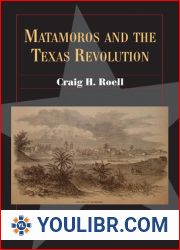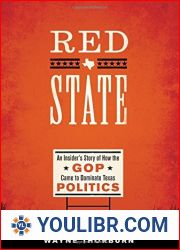
BOOKS - Matamoros and the Texas Revolution (Volume 23) (Fred Rider Cotten Popular His...


US $5.53

206686

206686
Matamoros and the Texas Revolution (Volume 23) (Fred Rider Cotten Popular History Series)
Author: Craig H. Roell
Year: January 1, 2013
Format: PDF
File size: PDF 11 MB
Language: English
Year: January 1, 2013
Format: PDF
File size: PDF 11 MB
Language: English
The traditional story of the Texas Revolution remembers the Alamo and Goliad but has forgotten Matamoros, the strategic Mexican port city on the turbulent lower Rio Grande. In this provocative book, Craig Roell restores the centrality of Matamoros by showing the genuine economic, geographic, social, and military value of the city to Mexican and Texas history. Given that Matamoros served the Mexican states of Tamaulipas, Coahuila and Texas, Nuevo Leon, San Luis Potosi, Zacatecas, Chihuahua, and Durango, the city's strategic location and considerable trade revenues were crucial. Roell provides a refreshing reinterpretation of the revolutionary conflict in Texas from a Mexican point of view, essentially turning the traditional story on its head. Readers will learn how Matamoros figured in the Mexican government's grand designs not only for national prosperity, but also to preserve Texas from threatened American encroachment. Ironically, Matamoros became closely linked to the United States through trade, and foreign intriguers who sought to detach Texas from Mexico found a home in the city. Roell's account culminates in the controversial Texan Matamoros expedition, which was composed mostly of American volunteers and paralyzed the Texas provisional government, divided military leaders, and helped lead to the tragic defeats at the Alamo, San Patricio, Agua Dulce Creek, Refugio, and Coleto (Goliad). Indeed, Sam Houston denounced the expedition as "the author of all our misfortunes." In stark contrast, the brilliant and triumphant Matamoros campaign of Mexican General Jose de Urrea united his countrymen, defeated these revolutionaries, and occupied the coastal plain from Matamoros to Brazoria. Urrea's victory ensured that Matamoros would remain a part of Mexico, but Matamorenses also fought to preserve their own freedom from the centralizing policies of Mexican President Santa Anna, showing the streak of independence that characterizes Mexico's northern borderlands to this day.














































